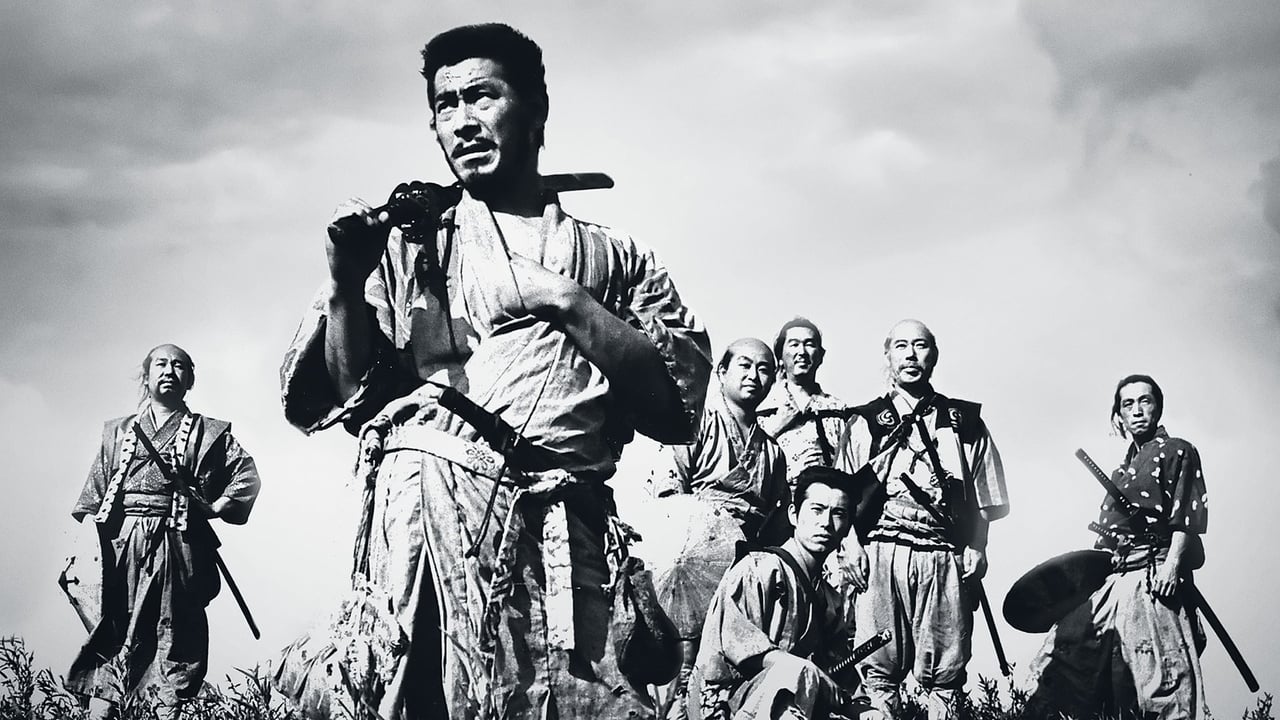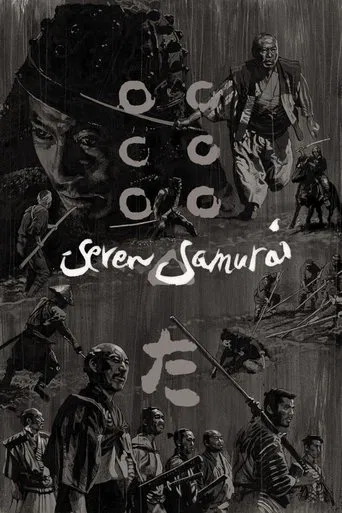

A poor village under attack by bandits recruits seven unemployed samurai to help them defend themselves. Seven Samurai is perhaps another one big colossal overrated film that has a rating that doesn't deliver at neither of it's true potentials since it's very slow, very dumb and it's almost like 3 and a half hours long i mean common? Is this what a film needs to become a classic? To be 5 hours long and have people talking to each other? Cause that is not Art it's the different face of art it's called abomination against humanity and this movie is that. (0/10)
... View MoreMany film historians point towards Seven samurai as the genesis of the great western and inspiration of countess story line and plot reinventions. That's great, but watching other "firsts", such as Citizen Kane, have failed to create that sense of disbelief that allows one to lose themselves in the experience. Not so with Akira Kurasawa's Seven Samurai.Each character has their own personality allowing the details of their emotions infiltrate the experience. This is not a WWII soldier story when everyone and then some die for their country,. This is not war time... or is it? That's the point of teh film that there is no end to transgressions against humanity and doing the right thing is both honorable and hard. I see some overplayed parts by the villagers and wonder if the Japanese audiences thought them more funny or silly, or simply disposed of them as the weak link of the movie, as I did. That is in contrast to the faceless enemy of the bandits, portrayed as poachers with swords... Can you imagine working so hard for so little and having it stolen without protection? You can feel for these farmers as if they were somewhere out in the American West, one of our own.... yes, the story is quite sympathetic.But movie is about our crew of seven and their joining to defend a defenseless group by means of preparedness that is more military strategy than you would have expected. I loved this aspect of the film the best, but would have felt rushed if we didn't know our group and who they were there to protect. This artifact of cine-history remains a masterpiece!
... View MoreI love the authenticity and realism of this movie. It might be a tad long compared to today's standard but there is no wasted scene. I love the characterizations and the stories of each of the seven samurai.
... View MoreThe Seven Samurai is the most important work in the history of Japanese cinema and was voted No. 1 in the history by the "Newspaper of the Year". Akira Kurosawa fighting scenes are very exciting and realistic pats, Gunma rushed, muddy battles even battle, in the fast splicing, long focal length newspaper and the use of slow motion mirror, all the images come together, exciting, not only change The tradition of Japanese martial arts films, but also for many martial arts films have a profound impact.
... View More